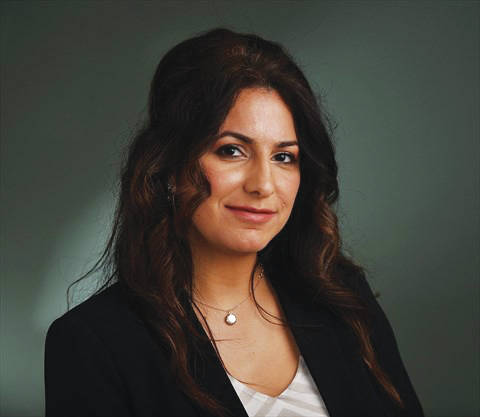In a fast-paced world, one’s goals, needs and responsibility to pay bills often takes a central theme and charity somehow takes a backseat.
At times, it isn’t some special occasion that reminds us of how we need to give from our limited, precious time, but it’s a requirement to get into some highly-coveted university or fulfill some community hours criteria to graduate from high school.
Sometimes we volunteer to wash some guilt or find some solace within as if it’s a move for self-atonement.
But there is a bigger picture out there. Charity doesn’t have to be so conventional. It can be opportunities found everywhere and anywhere.
Personally, I might not have the passion to volunteer in a food drive for example, but currently I am disciplining myself step-by-step to reuse my plastics and forever forbid myself from getting my cup of Joe in plastic disposable cups.
I don’t want to participate in the global plastic littering that’s making up the Great Pacific Garbage Patch, the swirling vortex of garbage between Hawaii and California estimated to be three times the size of France
Not using plastic might not be a conventional way of being charitable, but it’s definitely seeping into the long-term perspective of our planet’s well being.
How about mental health?
It has been widely criticized that mental health services are only for the privileged who have money. Sometimes, mental health initiatives are not fully funded. Or lack of proper awareness and stigma on mental health and the rise of social media require more societal bonding and talking among each other.
But research has “consistently found that favorable exchange with one’s proximal social environment has positive effects on both mental health and wellbeing,” one study published in 2017 reads.
So maybe saying more hellos is like donating to a nonprofit.
Also, becoming more attuned with what’s happening around us is a huge charitable drive on its own.
After finishing dinner with his family in downtown Toronto, Josh, a friend, couldn’t finish his meal after some stomach pain. So he packed his dinner to take it home but he noticed an issue as he was leaving.
“I looked at her, she looked like she was my age,” Josh, who was 24 at the time, described a homeless young lady.
Long story short, Josh, who has an outstanding social media following, used his platforms to connect this young promising lady, who escaped an opioid-addicted mother from northern Ontario, to be a teacher. She is now married with a home to go back to.
So maybe speak with the homeless without judgment.
I — myself — am a testament of how charitable acts might be an opportunity.
My Iraqi family fled Saddam’s dictatorial rule in 1995 to Jordan. After Jordan, Malaysia, a growing and a booming country at the time, was our next destination and was one of the few countries that gave Iraqis a visa to work.
Both of my parents worked in Kuantan, a small town facing the South China Sea, but didn’t have the money to send me to an English-language school.
My mother approached Peter Larson, the principal of International School of Kuantan, asking him to enroll me and urged him to think from his “heart.” I was enrolled almost for free.
It’s not only that gesture that bonded my family with the Larsons, but it’s the attention that Flo Larson gave me that helped me so much — talk about mental health for a teen.
Flo might be in Alaska and I am in Canada, but our bond has transcended barriers, especially divisive politics between Baghdad and Washington. Knowing her was not only important for my education, but for my overall growth as an adult.
With more than a decade of experience as a journalist, the Iraqi-Canadian Dina Al-Shibeeb covered a variety of stories from business to Syria bomb blasts to human interest features on Iraq while living abroad in Dubai. After her return to Canada, she started covering education news and municipal affairs for York Region in the Greater Toronto Area.


